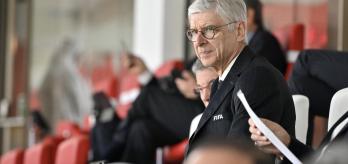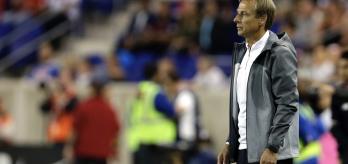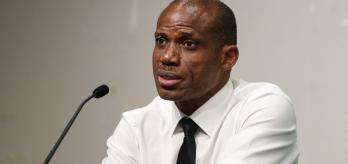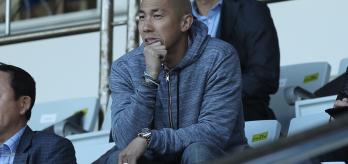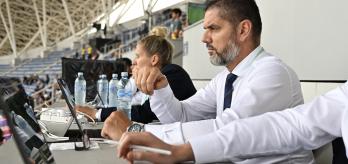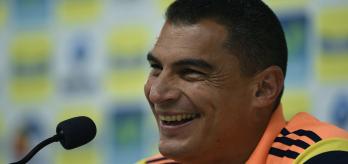Arsène heads FIFA's Technical Study Group (TSG). He famously managed the Arsenal "Invincibles" of the 2003-04 season and is known as one of the game's great thinkers. He holds the record for most matches managed in the Premier League and is hugely respected all over the world. In the interview below, Arsène covers a variety of topics of relevance to the upcoming FIFA World Cup™, such as the role of the TSG and what football intelligence means in the modern game.
Watch Interview
Five Talking Points
00:07
The role of the TSG
Arsène lists three roles of the TSG. First, the group's most obvious task is to analyse the trends that emerge from competitions. Second, the group is responsible for educating and preparing future generations for the direction in which the game is developing. Third, it seeks to help make football more spectacular by identifying the qualities players will require in order to thrive as the game evolves.
01:09
A new kind of football intelligence
Football intelligence contributes to a rational analysis of the game. Developing football intelligence and applying it to new areas helps deepen our knowledge of what is happening on the pitch at a team and individual level. Coaches can also use it to achieve more certainty in decision-making.
02:46
The relationship between technical expertise and data
By using their experience of the game together with data analysis, a coach can make decisions that are well-informed and appropriate to the situation. However, Arsène points out that when decisions are made purely on data, they can be robotic and out of place. It is therefore crucial to combine technical expertise and data, with the expertise always playing the guiding role.
04:32
Enhanced football intelligence at Arsenal
Arsène wanted his Arsenal side to play fast-flowing football. Using metrics like the speed of the ball and the speed of transitions helped him understand his preferred playing style. The development of performance metrics also helped the Arsenal coach paint a fuller picture of opposing teams' playing styles and philosophies, as he shows using examples for Liverpool and Manchester City.
06:57
Football evolution and future trends
Player roles have converged over recent years: defenders and goalkeepers now have more responsibilities in build-up play, and strikers now assume more responsibility in defence. The attitude to individual players has also changed significantly - even gifted players now have to contribute to the team's work before they are allowed to express their individual talent.







